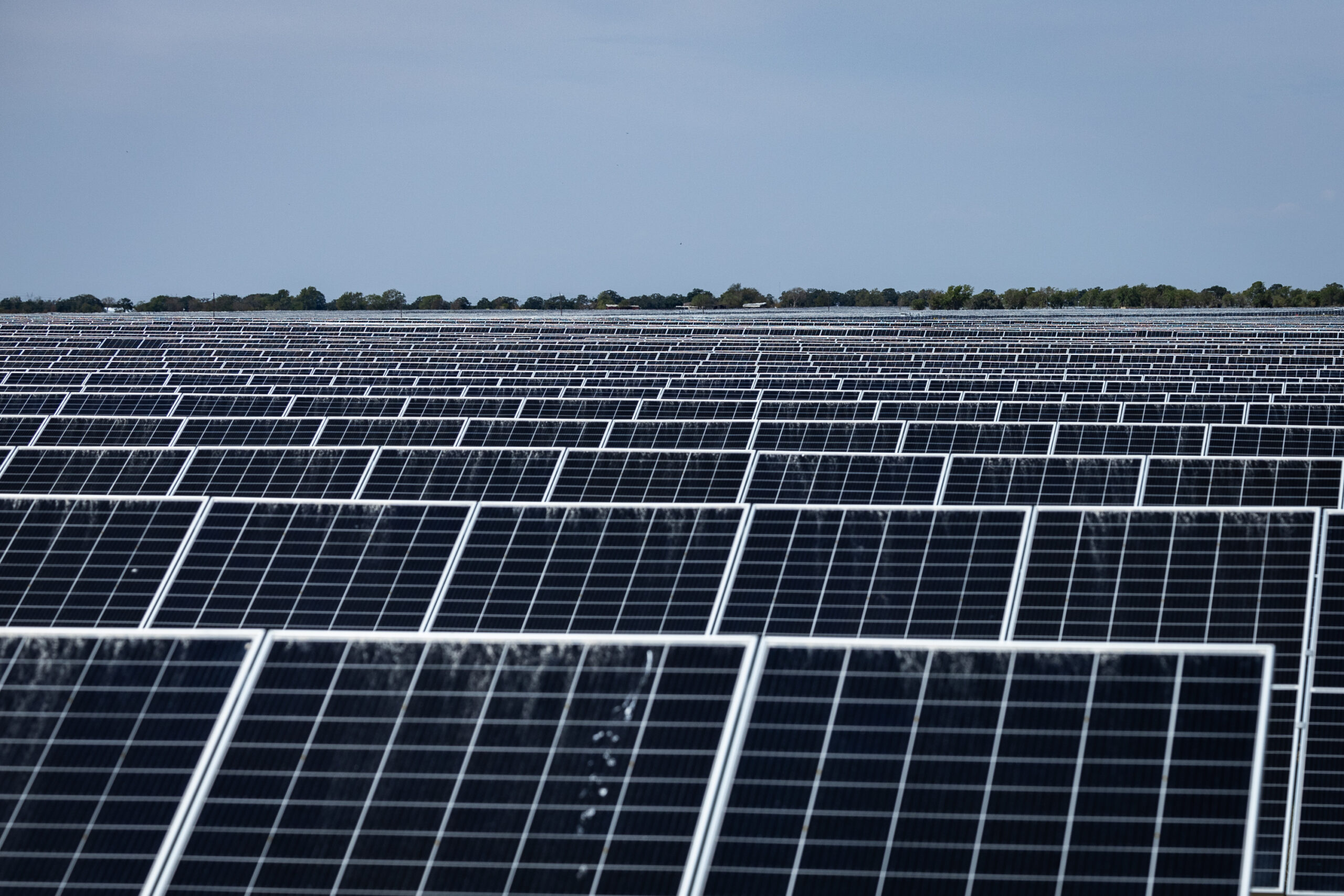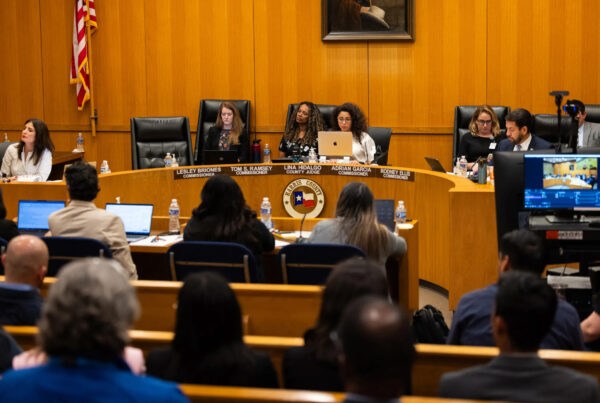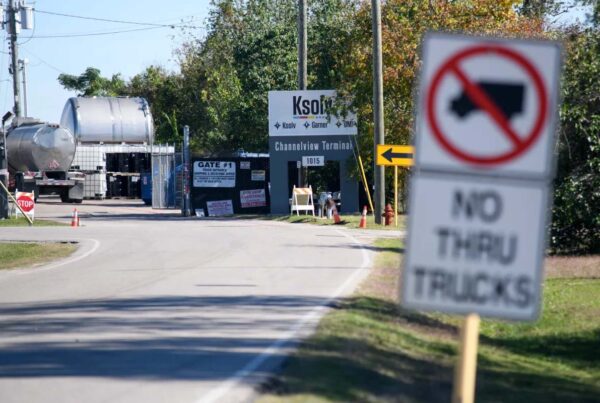Texas is the largest annual emitter of carbon dioxide in the United States, according to the U.S. Energy Information Administration. Many observers believe the Lone Star State offers some prime evidence of the consequences of climate change, from extreme weather events to record breaking heat and wildfires.
But while 2023 was a volatile year, it was nonetheless a year in which there were some big gains for environmental activists.
One of the most prominent of those activists is Luke Metzger, executive director of the nonprofit Environment Texas. He joined the Standard to recap ten of the biggest environmental accomplishments in Texas. Listen to the interview above or read the transcript below.
This transcript has been edited lightly for clarity:
Texas Standard: What are some of the biggest challenges facing Texas when it comes to climate change?
Luke Metzger: Texas really is ground zero for both the pollution causing climate change, as you noted, but also some of the impacts. We’re seeing one of the hottest years on record for many of our cities, as well as regular extreme weather – everything from Hurricane Harvey, to wildfires damaging our lands, to loss of wildlife as the temperatures rise.
That comes at both significant loss of property and damage to our economy. The Federal Reserve estimated last year that climate changes and extreme weather costs billions of dollars in damage to our Texas economy and impacts to human life.
What made 2023 a banner year for those pushing for change? What sort of changes were achieved?
We have the serious threat of climate change, but we’re also simultaneously seeing significant progress in tackling pollution.
While Texas is number one for global warming pollution, we’re also number one for renewable energy. Last year, we got up to 31% of our electricity coming from renewable energy – actually, that was in 2022. That’s up from less than 1% twenty years ago. So, we’re making incredible progress and building more wind and solar battery storage. That means less carbon emissions going into our atmosphere.
Many of the victories you wrote about deal with public health. Can you say more about some standouts?
We saw some significant actions from the local, state and federal government to reduce pollution. Last month, the EPA adopted strong new methane pollution standards to reduce pollution from oil and gas. We know that, for example, flaring of natural gas is linked to premature births for women living nearby some of the oil and gas sites. This is a policy that will help reduce both the pollution cooking our atmosphere, and also some of the localized pollution that impacts human health.
Another example was in San Antonio, where CPS energy, the municipally owned utility, committed to closing down the Spruce coal fired power plant, which is a major source of pollution. That was also a big success.
Finally, with the growth of renewable energy, we unfortunately have seen some attacks on wind and solar from fossil fuel interests and their allies in the Legislature. Thankfully, the Legislature rebuffed most of the worst attacks on clean energy, like new fees and arbitrary permitting requirements that could have led renewable energy growth to grind to a halt.
What about efforts to protect wildlife in Texas? Where does that stand as a result of last year?
We pointed out three major achievements. One was around wildlife crossings.
One particularly vulnerable species is the ocelot, the wildcats that live on the Texas-Mexico border. As their habitat has gotten more and more fragmented, they have few places to go and often are victims of vehicle collisions as they try to cross the road. Thanks to the bipartisan infrastructure law that passed a few years ago, Texas is getting significant funding to build more crossings for ocelots – tunnels underneath highways to make sure that they aren’t hit.
» RELATED: Texas ocelots may get boost from breeding, environmental protection program
In El Paso, President Biden declared the Castner Range as a national monument. That’s important for wildlife, as well as for recreation out there.
Most significantly, Texas voters approved Proposition 14, which was a $1 billion investment in buying land for new state parks. That’s of course going to be a benefit for campers and hikers in the state, but also wildlife, which sorely need that habitat protected.













